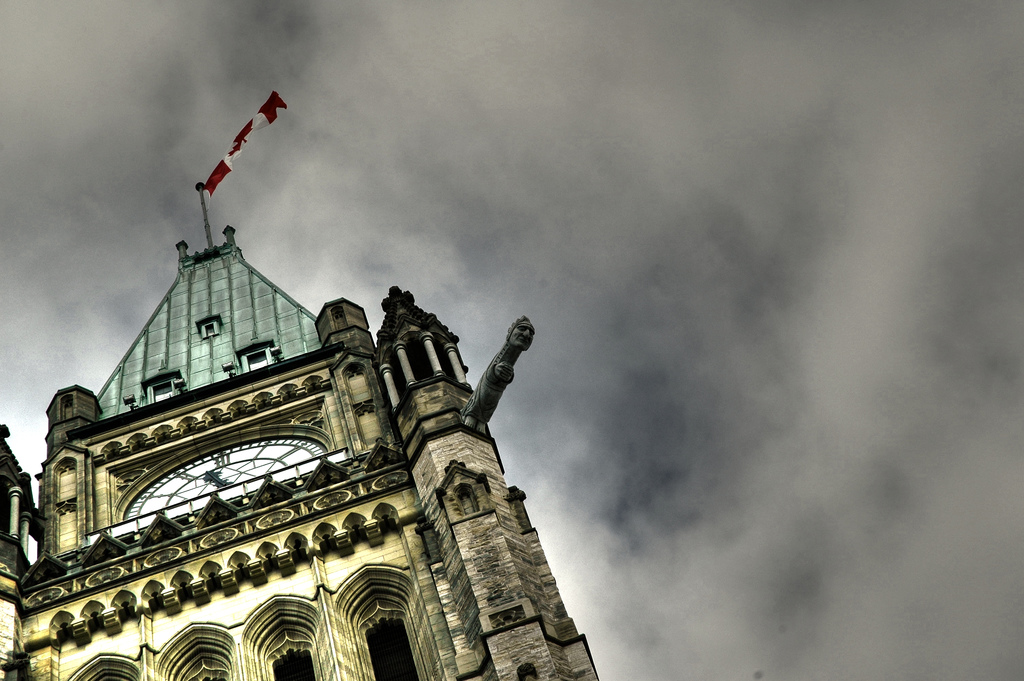
CBC took the lead on the Ottawa shooting
By Kate Jacobson, October 30 2014 —
On Wednesday morning, news broke that a gunman shot a soldier standing guard at Canada’s National War Memorial before firing shots inside Parliament. I checked the news intermittently while studying for a midterm.
I never felt afraid or lost while watching the CBC’s coverage. The events of the day were upsetting, but the network’s sober analysis made the unfolding tragedy easy to follow.
Breaking news is difficult to report. There’s always conflicting information and a sense of confusion. American coverage went straight to sensationalism. The ABC evening news emphasized that Ottawa was only 60 miles from the American border. News clips from CNN opened with dramatic music and a voice over declaring “Terror on Canada’s Parliament Hill.” MSNBC published an unverified quote claiming that the attacks were “obviously inspired by radical ideology.”
In contrast, the CBC reminded viewers that the situation was ongoing, and that they wouldn’t report any facts until they were verified. Even when the information we had was scarce, the CBC didn’t try to fill the gaps in their broadcast with anecdotes or speculation. Canadian journalists and political pundits on Twitter reported only what they could see and reminded the public not to overreact.
Peter Mansbridge, the CBC’s anchor during the shooting, was sober and calm in his analysis. In a situation that was chaotic and unpredictable, the usually frenzied pace of broadcasting was replaced by Mansbridges’ thoughtful and weighty delivery. He spoke slowly, often pausing on the live broadcast to collect his thoughts. When he gave information, we were sure it was accurate.
In the midst of confusion, the CBC made sure their reporting created an easy-to-follow narrative. They were less concerned with being the first to report the news as they were with making sure their information was accurate. Multiple journalists reported that Nathan Cirillo, the soldier standing guard at the war memorial, had succumbed to his injuries before the CBC. But that didn’t matter. The CBC made sure their information was accurate before reporting. When they delivered breaking news, it was with an air of gravity and a sense of loss.
In the days following the shooting, the whole country seemed to take cues from our public broadcaster. Members of Parliament were back in session the next day. Politicians were calm and reasonable. Newspaper editorials across the political spectrum urged restraint and caution. The mood of the country was sober, not hysterical.
And this calm managed to change the tragedy’s narrative. In the days that followed, we talked more about how proud we were of Canadian democracy and diversity and less about divisive political issues.
The CBC gave us more than good journalism in a difficult time. Their coverage gave the Canadian public the opportunity to process what happened and mourn together.
